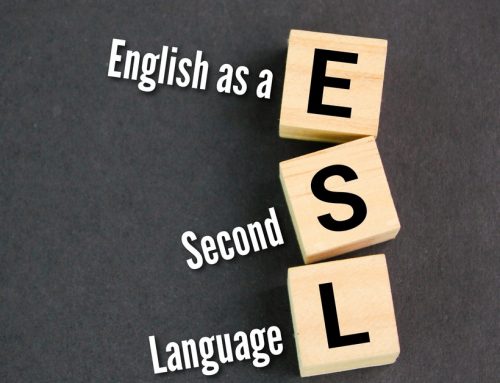Making the transition from tertiary education into the world of work can be pretty daunting for a variety of reasons. But one of the biggest challenges is trying to find that first job after you graduate. You don’t have a resume with previous experience to rely on, and you’re competing with all your peers who have the same education as you. You have to out-compete in the interview itself to prove that you deserve the chance to impress.
The good news is that you can improve your interview skills. And with the right principles and strategies behind you, you’ll give yourself an advantage over other applicants. We’re going to run through some pieces of advice for how you can prepare for job interviews and blow your competition out of the water!
Let’s dive in.
Research the Company You’re Interviewing At
Preparation is the most important thing for an interview. The more work you can do beforehand to familiarize yourself with the company and the industry, the better. You want to show the hiring team that you have a good grasp of what they do, where they sit in the industry, and where the future of that particular field is going. If you aren’t able to demonstrate this understanding, it’s a big red flag because it shows that you haven’t done your homework.
And there really is no excuse in the modern age. There is so much good information online that you can draw fromi. It just takes some time and effort – all of which will pay off in your interview.
Prepare Answers for Common Interview Questions
While every interview is different, some core questions tend to come up most of the time. You can anticipate some of these questions and prepare nuanced answers that show you in the best possible light.??Here is a great place to start. Don’t try to memorize things, but by having some talking points in your back pocket, you’ll come across as much more articulate and charismatic.
Be sure to be honest, and authentic though. Hiring managers have sat through thousands of interviews and can see through it immediately if you’re just telling them what you think they want to hear. Be yourself.
Craft an Elevator Pitch
In the business world, it’s common to create what is known as an “elevator pitch.” This blurb is a 30-second explanation of the business and the benefits of the service or products the company provides. You’re essentially selling yourself in a job interview, so it’s a great idea to come up with your own elevator pitchii.
What makes you unique?
What do you stand for?
What value can you bring to an organization?
Practice your elevator pitch so that it’s concise, relevant, and speaks to who you are. You’ll often get a chance at the beginning of an interview to explain a bit about yourself, and this is a great place to use this information.
Your first impression is critical, and a well-crafted elevator pitch can do a lot of the heavy lifting for you. And even if you don’t use it directly, the principles will come out naturally in your answers to other questions.
Prepare a List of Questions That You Want to Ask
A lot of new graduates forget that an interview is supposed to be a two-way discussion. Not only is the company trying to assess if you’ll fit in, but you should also be trying to figure out if this job is right for you. So, when you ask thoughtful questions, it sends a powerful signal that you’re confident and taking the process seriously.
You can and should prepare those questions in advance so that when it gets to that stage of the interview, you can get right to it. However, don’t ask anything that you could have researched. You want to focus on things that only internal staff members would be able to answeriii. Lastly, be sure to pay full attention and listen when they respond. It’s not just about asking the question; it’s actually about incorporating the new knowledge.
All of these take some time and effort, but when you get them right, you’ll find that you’re far ahead of your competition. Most people don’t put in the effort and come across as unprepared and less interested. With these tools in your arsenal, you’ll show the hiring panel that you know what you’re talking about, and you’re ready to hit the ground running.
Here at CSI, we have a range of different resources and support structures for job interviews to help you make the most of each opportunity you come across.
By leveraging Optional Practical Training during your academic studies, you’ll have a better sense of what work looks like in your given field. You can draw on your experience to help you craft questions and answers for your interview. Considering asking co-workers or supervisors for any advice they can offer on future interviews as well.
Put in the effort, leverage what you have access to, and before you know it – you’ll land that first job.
Contact us today to get the training you need to go after the career of your dreams!
i ‘7 Things to Research Before Any Job Interview’ by Heather Huhman.
https://www.glassdoor.com/blog/7-research-job-interview/
ii ‘How To Write An Elevator Pitch’ by Michael Tomaszewski.
https://zety.com/blog/elevator-pitch
iii ’51 Great Questions to Ask in a Job Interview’ from The Muse.
https://www.themuse.com/advice/51-interview-questions-you-should-be-asking







